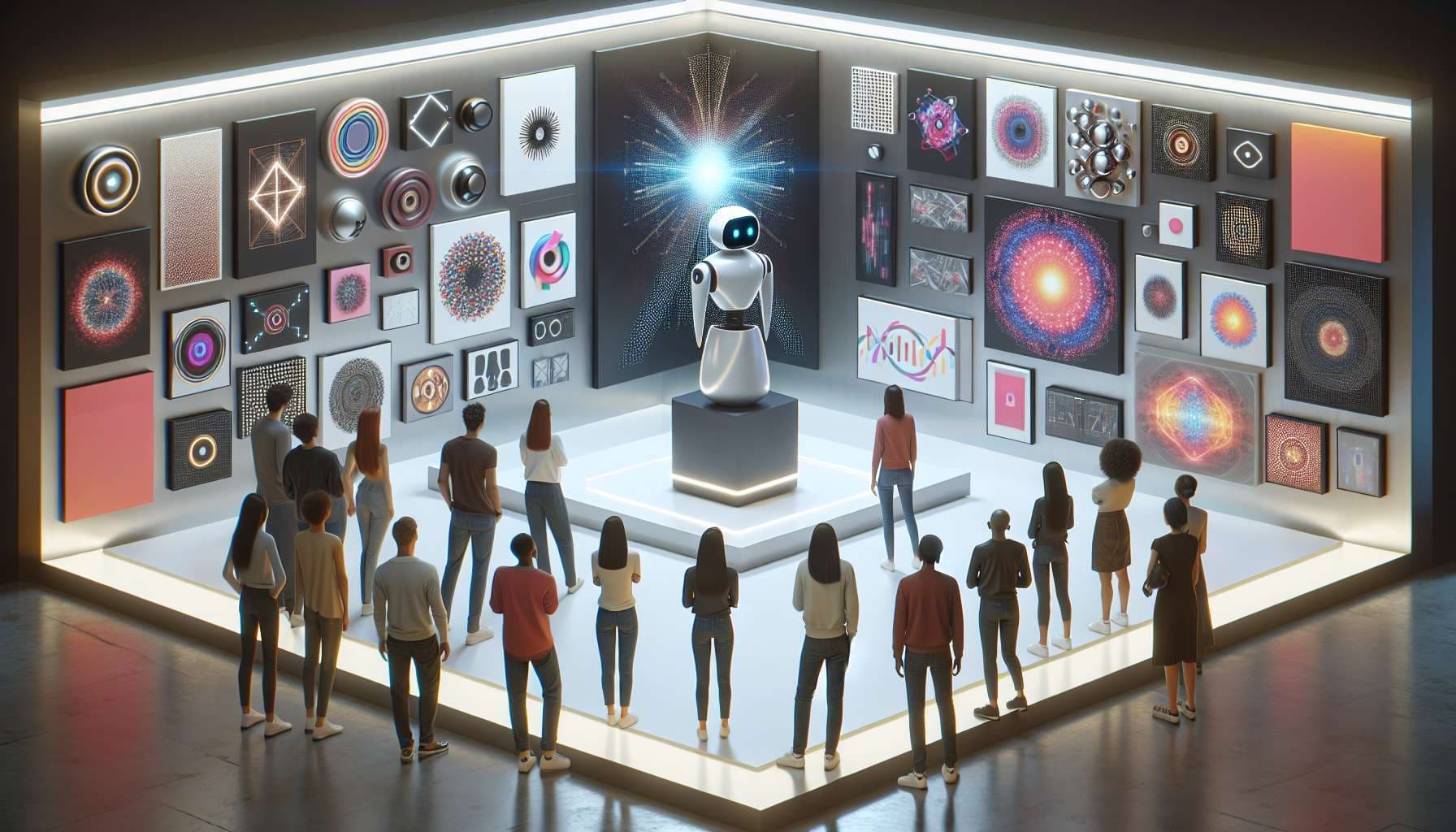
Must be a large, internationally recognized art competition that historically only human artists have won. Examples could include the Turner Prize, the Archibald Prize, or similar high-profile competitions.
Criteria:
Humans can set up the initial parameters or prompts for the AI. This may include basic guidelines like size, medium (e.g., digital, paint), or a broad theme. However, these parameters should not dictate the specific content or detailed style of the artwork.
Humans should not make creative decisions or alterations to the artwork once the AI has begun its process. This includes no human editing, retouching, or modifying the AI's creation.
Will Resolve YES if proof is posted in the comments before January 1st 2030.
People are also trading
@ducat I'm interpreting the criteria as it fails on both points:
>You delete elements, you add frames. Sometimes the AI has very good suggestions. Sometimes it’s just crap. That takes time and patience, so it’s not finished in 20 seconds. It can take days.
>I used DALL-E 2, and it was all done by text prompts and inpainting and outpainting. For inpainting, you could say, “I don’t like his tie,” and you erase it and write, “I want him to have a white tie.” Then you get suggestions. And if you don’t like any of those suggestions, you start again. Outpainting [is what] you do when the frame is not large enough. You put in an additional frame so you can see his whole tie, his pants, the chair, the floor. It’s endless.
@ducat You're correct. I do not think this one counts. The creator spent a lot of time erasing and reprompting, and making creative decisions
@GabeGarboden I think if you require "no human re-touching" (and especially "no re-prompting"), the probability of YES becomes very tiny, simply because no sneaky faker is going to resist the temptation to tweak the image if only slightly. It's just common-sense that you would edit it.
Not only that, but the AI art enthusiasts love emphasizing that they make lots of decisions and put a lot of thought and effort and time into their creations regardless of ahem..., reality, to defend against the accusations of "everyone can do it, it takes no skill!"
So, the requirement of "no alterations" is going to be doing a lot of work here.